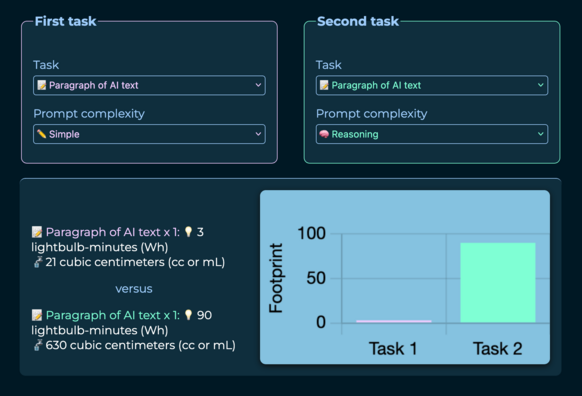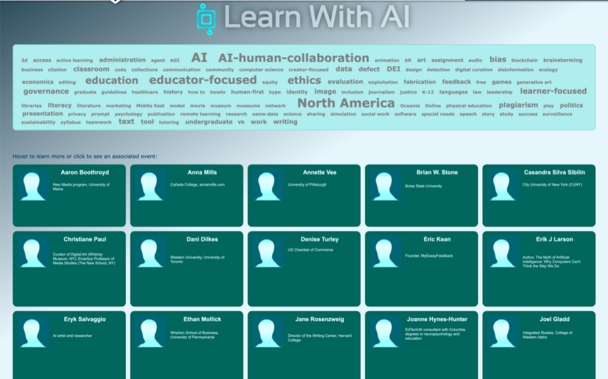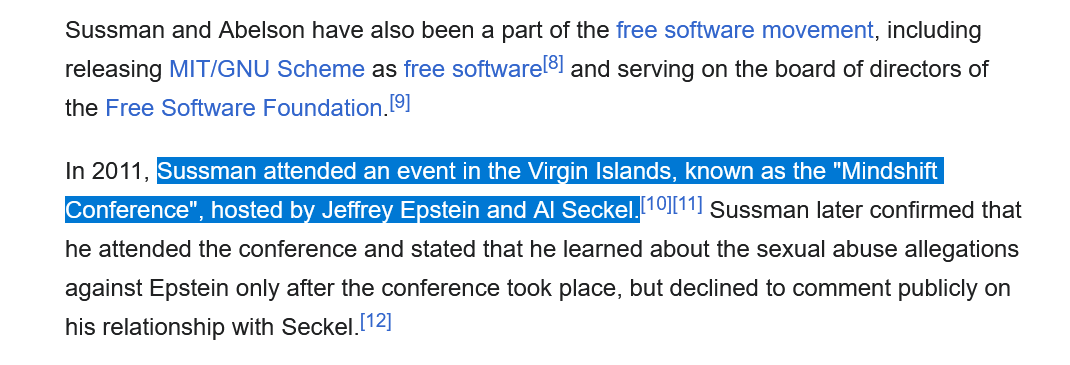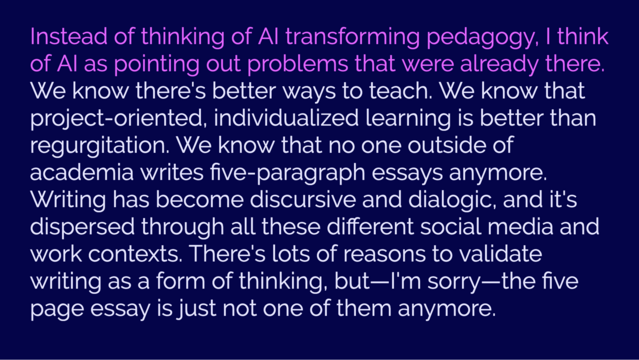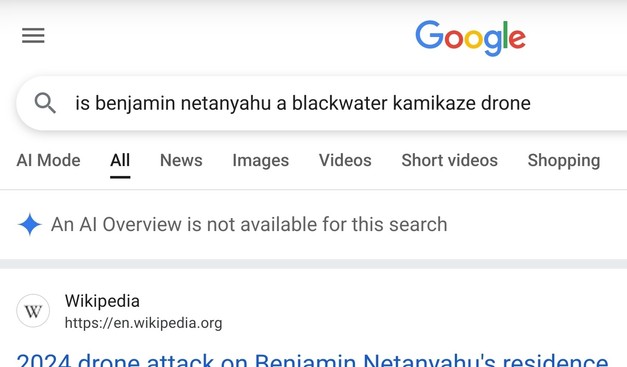Curious that whenever someone shows me “the cool #AI flow” they built that’s supposed to be impressive, the conversation goes the same way:
Stage 1: “But you don’t understand. You don’t like AI because you haven’t used it right. Let me show you how much you can do it with.”
Stage 2: “Here are the steps in the flow and the instructions I feed to this agent / custom GPT / Claude project. I tell it to do X, reference document Y, and aim for Z.”
Stage 3: “Now, let me show you the results it gives.”
*Writes task, presses to run the prompt.*
Stage 4: “Umm sorry it’s taking a while. It’s fast but not instant. And by the way, the prompt isn’t perfect, you can definitely make it better. I just threw this together real quick the other day. It makes some mistakes, but it’s really good.”
Stage 5: “Uuuuuuh actually don’t look at the output.” *scrolls or stops screen share or pulls device away.*
“You know it’s already doing so well, if I do more prompt engineering it will get really good but I need to give it better instructions. And it ran just fine last night, I don’t know what’s up with it. And this is a cheap model, if we use another model it will be better.”
Stage 6: “You know, you really shouldn’t judge this so much. The technology will improve, it will get there sooner than you know and then you’ll regret not trying it sooner.”
So curious that this keeps happening 🤷♀️
#LLMs #work #tech #AIBubble





